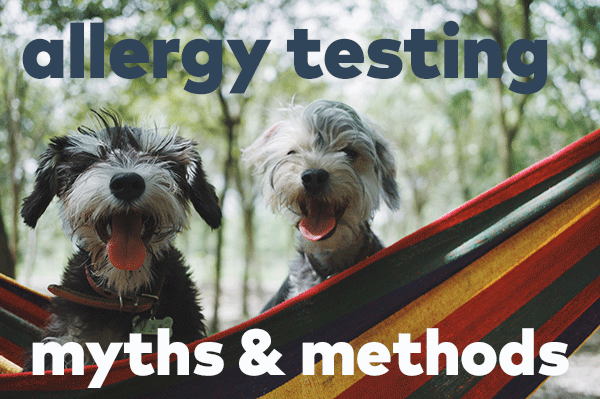Once allergy testing has been completed, a diet trial and hyposensitization are 2 other important elements of a proper allergy workup. This article will dig deeper into diet's role as part of an effective allergy management strategy.
Diet's Role in An Effective Allergy Management Strategy
Topics: Veterinarians, serum allergy testing, Pet Diet
Spectrum Veterinary – A Year in Review
Spectrum Veterinary’s vision for 2019 included expanding our sales leadership team across the United States, launching a new Group Purchasing Organization partnership and closing out the year with the acquisition of another allergy diagnostic laboratory. It was an exciting year for us and we are excited to announce that we accomplished all our 2019 company objectives.
We also tested 31,086 patients in 67 different countries in 2019. That is all made possible because of clinics like you who are committed to treating the source of allergy not just the symptoms. Kudos to you!
Topics: Allergy Testing, Allergy Treatment, Pet Care, Veterinarians
Hair/Saliva Testing as compared to Intradermal and Serum-based Assays
When it comes to diagnosing allergies, pet parents (and subsequently veterinarians) are faced with an increasing number of options. Intradermal testing, serum based assays, hair and saliva assay offerings can make it confusing for everyone to figure out which option is right for the patient's unique scenario. The popularity of hair and saliva assays has also been increased through websites like Groupon and Amazon by advertising directly to pet parents.
Topics: Allergy Testing, Veterinarians, intradermal, serum allergy testing, hair/saliva testing
What Makes Our Partnership So Great? We Need Your Input
The veterinary space is growing – and so are we. It’s one of the many reasons we’re constantly seeking to streamline the immunotherapy process. From our staff trainings to our comprehensive treatment diaries, we’re there to support you and your patient mile-by-mile on the road to recovery. Whether your practice has been ordering refills for years or just submitted its first sample, your partnership means everything to us. So it almost goes without saying: We value your opinion.
Topics: Veterinarians
Dr. Richard Ford Breaks Down The Practical Applications Of Antibody Testing
"In companion animal practice, testing serum/blood for the presence of antibody (serology) to vaccine-preventable diseases (see TABLE 1) continues to gain acceptance as a means of assessing the immune status of individual patients."
Topics: Veterinarians
Referring Allergy Patients Out? Your Clinic Is Foregoing These 3 Critical Opportunities
Yes – in theory, sending your skin-afflicted patients to a dermatologist makes sense. After all, they’re the experts, right? Without the tools to diagnose and address your patients’ allergies, skin doctors are an understandable go-to.
Topics: Veterinarians
Balancing The Recent FDA Warnings And Food Sensitivities
The FDA is currently investigating a possible connection between grain-free diets and canine dilated cardiomyopathy (DCM). Here’s a recap of their update:
Topics: Pet Care, Veterinarians
Does pollen season bring in more and more allergy patients each year? Based on a new study from The Lancet Public Health, this could be true.
Topics: Allergy Testing, Veterinarians
'Veterinary Dermatology' Article Proposes A New Treatment Strategy For Canine Atopic Dermatitis
Canine Atopic Dermatitis (AD) is a common allergic skin disease that is characterized by itching, excessive scratching, hair loss, greasy or flaky skin, odor, and chewing on the paws and groin and armpits. The scratching and chewing behavior often leads to hot spots that can become infected.
Topics: Allergy Treatment, Veterinarians
Why Differentiating Seasonal From Environmental Allergies Is Key
Does your patient suffer from localized or generalized itching? Do they exhibit nasal discharge or watery eyes? Are they coughing, sneezing, or wheezing?
Topics: Allergy Treatment, Veterinarians











